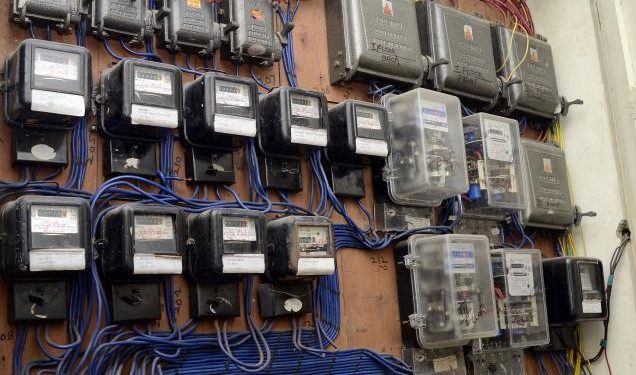In a press briefing on Wednesday, the Minister of Power, Adebayo Adebayo, revealed that the federal government’s outstanding debt of over N3 trillion to gas companies and electricity generating companies (GenCos) is a major factor contributing to the current low electricity supply in the country.
According to the Minister, the government owes gas companies a staggering $1.3 billion and GenCos N1.3 billion. Adebayo highlighted that this substantial debt has led to gas companies demanding payment before supplying new stock to GenCos, creating a bottleneck in the energy supply chain.
“The issue we are facing now is the persistent liquidity issues coming from inappropriate tariff regime, poor collections, and inadequate funding of government subsidies leading to huge debts owed to the transmission, generation, and gas supply companies,” stated Adebayo during the briefing.
He further disclosed that the federal government had allocated only N450 billion in the 2024 budget for electricity subsidies, significantly lower than the projected sum of N2.9 trillion. This financial shortfall poses a considerable challenge to the sustainability of the electricity supply.
Adebayo emphasized that the outstanding debt has not only hindered investments required for maintaining a steady supply flow but has also impeded capacity expansion and infrastructural improvements in the power sector. The financial strain has discouraged lending to the sector by financial institutions, as the current state of sectoral activities is deemed non-bankable. Additionally, the situation has made the power sector less attractive to potential new investors.
The minister urged stakeholders to address these financial challenges promptly to revitalize the sector, attract investments, and ensure an improved and reliable electricity supply for the Nigerian populace. As the nation grapples with these issues, there is a growing call for comprehensive reforms and financial restructuring within the power sector to address the longstanding challenges and pave the way for sustainable development.















